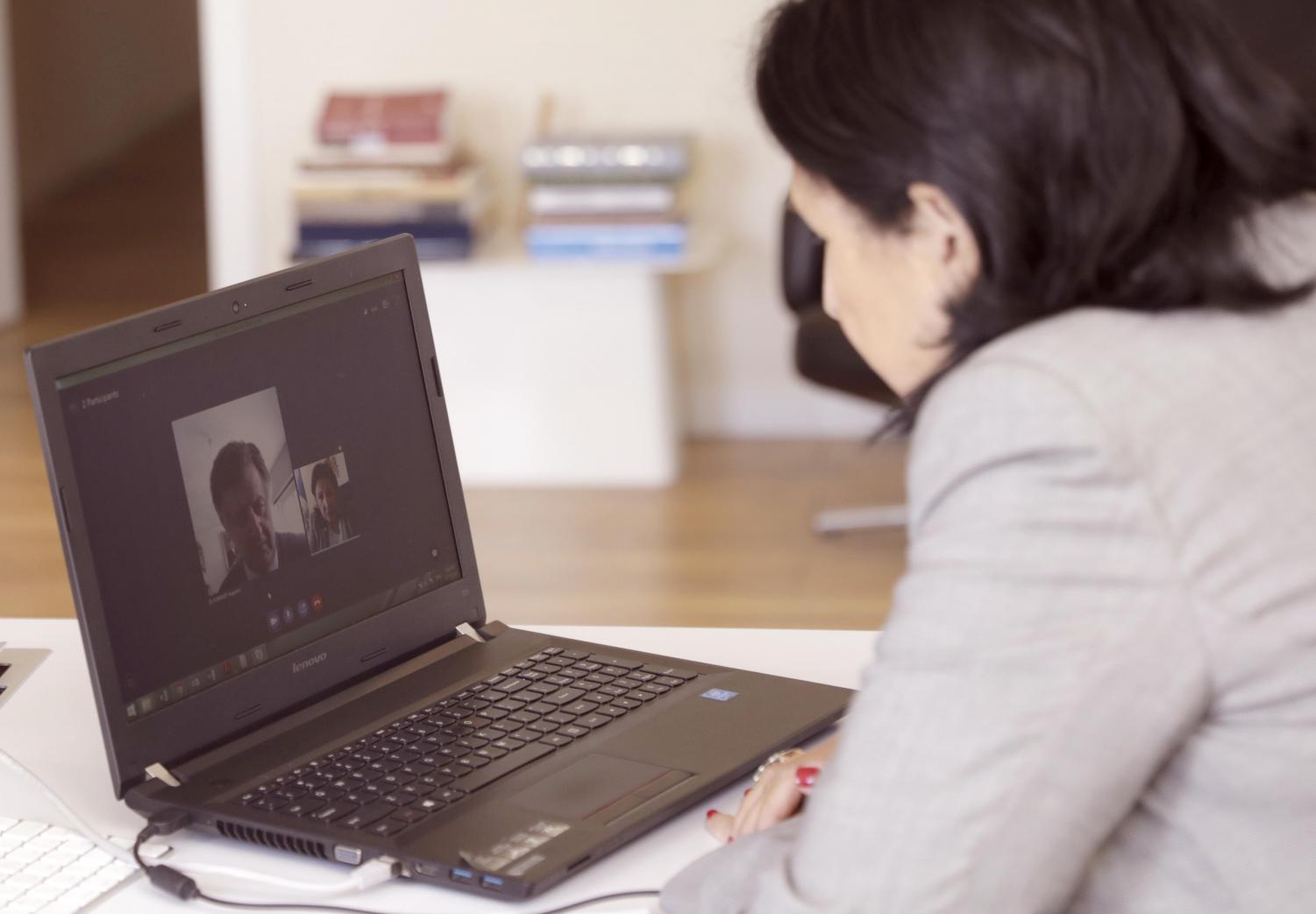How Did the Pandemic Change Millikin’s Counseling Services?
May 1, 2021
Our mental health affects us in many ways. The covid pandemic has shifted our experiences from in-person to online. How has it affected our mental health?
According to CNET, “To say that the past year has done a number on our collective mental health is an understatement. The coronavirus pandemic, high rates of unemployment, racial inequality and a divisive, at times hostile, political climate have driven stress way up among Americans. More than 40% of people reported having symptoms of depression and anxiety in January of 2021, compared to just 11% between January and June, 2019.”
COVID-19 has hurt us in many ways, including our mental health. And because of safety guidelines, our way of treating mental health issues has changed, too.
“We now meet with students through distance methods, which is different from meeting face-to-face,” Jon Keck, a counselor at Millikin’s Student Mental and Behavioral Health (SMBH) office, said. “For some students, I think being in their own space is more comfortable for them and having the additional distance helps students feel comfortable talking about topics that may be more difficult to talk about face-to-face.”
However, there are some challenges with telehealth appointments, such as when there is a bad internet connection.
“Sometimes we have to find another or additional method of communication for that to work,” Keck said.
For many people, it’s quite surprising that online services can work as well as in-person healthcare, or even better at times. Perhaps the pandemic has taught us that offering all online services is not as bad as it seems.
“Honestly, I did not think I would like doing counseling from a distance. But in many ways, it is much more convenient for students,” Keck said. “I believe it has helped increase the rate of clients attending their scheduled sessions. They are more frequently on time to their sessions, and therefore the rate at which we have to reschedule has decreased, therefore increasing our efficiency.”
Moving to all online services has been more helpful and more convenient for some than anybody thought it would be. Also, Keck believes that online counseling can actually help him work more closely with clients in some ways.
“It is also easier to immediately share resources digitally that you can look at together with clients on their computers and work on together,” Keck said. “Previously, I might have them review individually and we would come back to discuss in a later session.”
While there are some benefits to online counseling, Keck acknowledges that there are downfalls, too.
“Before the pandemic, we would meet face-to-face, and it was beneficial to pick up on body language and other social cues [in-person] than over video or over the phone,” Keck said. “There are certain interventions for practicing mindfulness techniques or forms of trauma therapy that are more challenging to do over distance. But we have found ways to adapt them to be as effective as possible.”
But ultimately, Keck remembers why online counseling began in the first place: to keep people healthy.
“I am also mindful that people would sometimes come to sessions ill, and that increases the risk of spreading disease to myself and other students,” Keck said. “I am grateful that it has significantly reduced and I believe that people will likely be more mindful of those risks in the future and we will all be healthier for it.”
Surprisingly, the shift from in-person to online counseling has actually been favorable for some. It seems online meetings have been more helpful for some students vs. meeting in person.
While COVID-19 has had a big impact on our mental health, maybe the effects of this pandemic were not all as bad as they seemed. It appears that the pandemic has taught the counseling services at Millikin University how to offer online services that might possibly be more beneficial than meeting in person for some.
